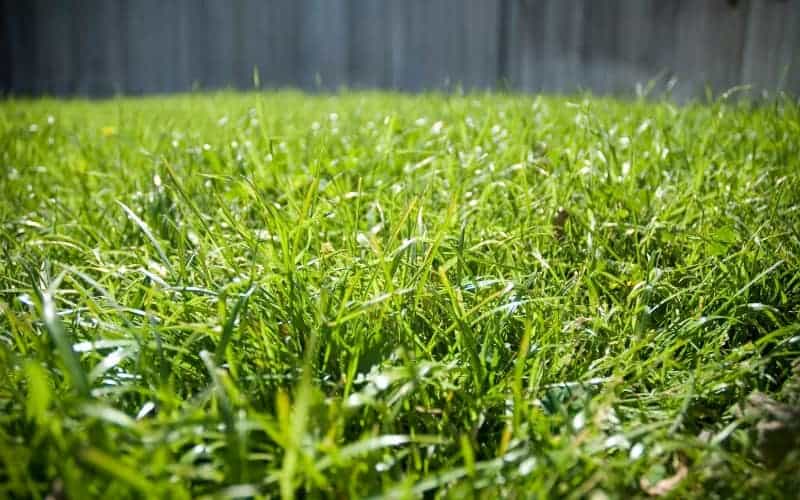
What is Bermuda Grass fertilizers?
Organic and inorganic fertilisers are the most prevalent types of Bermuda grass fertilisers. The three main nutrients of Bermuda grass are nitrogen, phosphorus, and potassium, which are found in the most regularly used organic fertilisers. Organic fertilisers, such as soybean or cottonseed meal, contain a lot of nitrogen.
Types of Bermuda Grass fertilizers
Liquid, granular, and water-soluble lawn fertilisers are the three basic varieties. Each has advantages and disadvantages.
This sort of fertiliser provides a quick burst of nutrients to Bermuda grass. This is because liquid fertilisers are absorbed by the grass through its foliage, which is the quickest route into the plant. However, this short-lived fertiliser may need to be applied more frequently to the grass. Full-strength and concentrated liquid fertilisers are available for use with a garden-type pump sprayer or a hose-end dispenser.
Dry granular fertilisers come in the form of tiny stones that can be spread with push-type spreaders. Some formulations dissolve slowly, allowing nutrients to be released over time.
Granular fertilisers don’t provide the same immediate results as liquid fertilisers, but their effects may endure longer and require fewer treatments.
Water-soluble fertilisers are packaged in the form of sand-like granules that dissolve fast in water. The product is dispensed using a hose end dispenser. The lawn keeper can fertilise and water the grass at the same time. This form of fertiliser is ideal for small yards with easy access to a hose. On the other hand, there are also many Bermuda grass weed killer that are amazing.
Bermuda Grass Thickening Techniques
A lush, verdant lawn necessitates proper care and maintenance. If you start early enough, you’ll be able to obtain this a little later in the year, which is normally when Bermuda grass lawns are at their best.
A step-by-step strategy to developing and nurturing your lawn can minimise thinning and create thick lawns, thus sticking to a schedule is essential.
If you want to grow a thicker grass, you’ll need to mow frequently. Mowing causes the grass to grow and spread horizontally, rather than vertically, as it grows.
You want to cut the grass a little shorter than usual. But, for Bermuda grass, what is the optimal mowing height? Typically, we recommend mowing slightly lower than 1 inch, which necessitates the use of the appropriate mower for this grass variety.
A suitable lawn mower for this job would be one that cuts the grass cleanly rather than chopping it. Reel mowers are ideal for Bermuda grass, and my personal favourite is the Scotts 2000-20 20-Inch lawn mower. Also, mow your lawn a little more frequently than usual.
Spring and early summer are the greatest times to really push your lawn to grow thicker and create a gorgeous lush green look. This is the perfect time to mow your lawn, especially if you have Bermuda grass. As a result, provide it with enough fertiliser to allow it to grow as quickly as possible.
Weed-infested lawns frequently display signs of thinning and patchiness. If this ailment recurs year after year, weed control is required.
One of the greatest methods to make your Bermuda grass lawn thicker, greener, and fuller is to keep weeds like poa annua, crabgrass, and quack grass from sprouting.